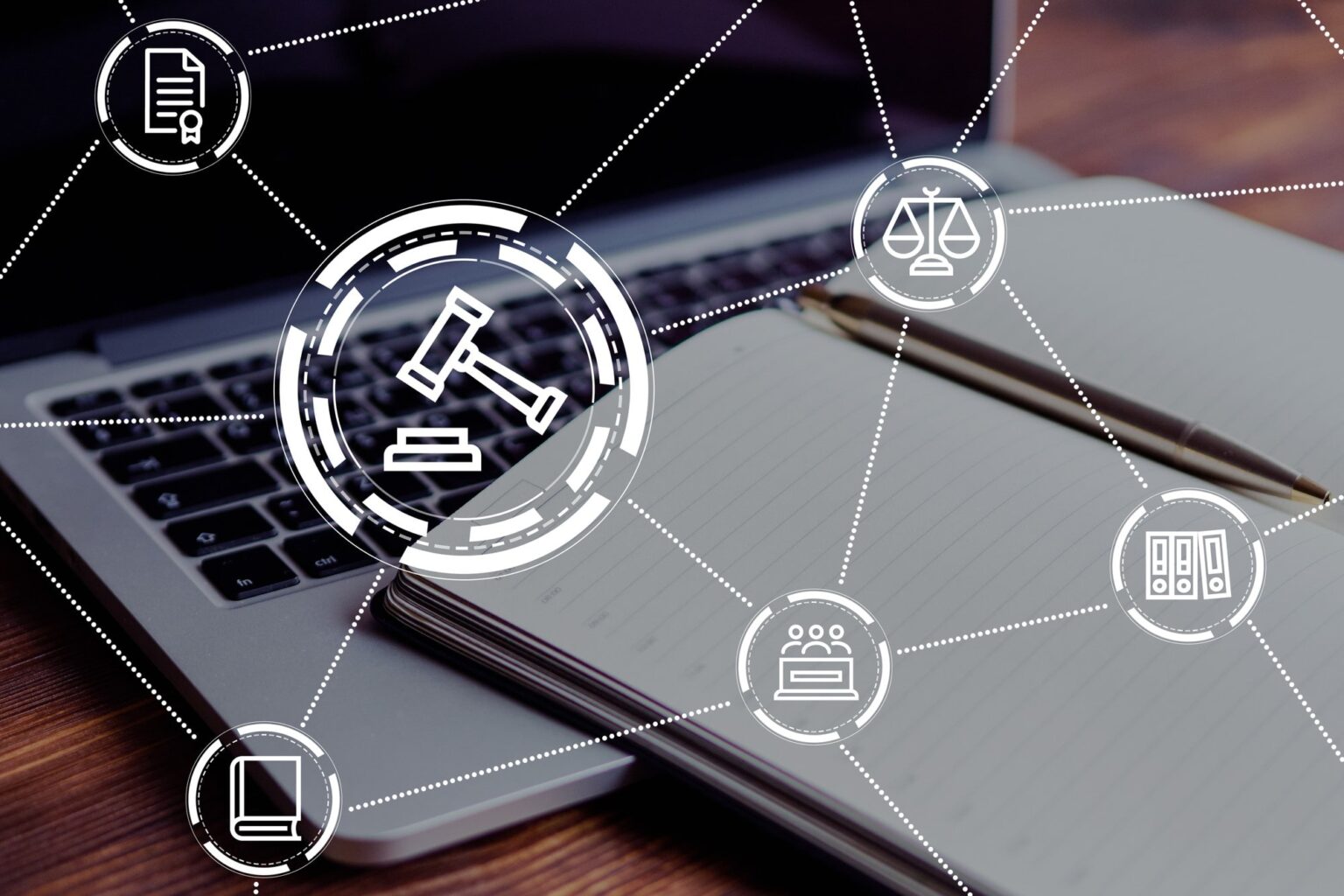Navigating compliance and legal frameworks is a significant challenge for blockchain technology due to its decentralized and cross-border nature. Here are some regulatory challenges and considerations when it comes to blockchain:
-
Jurisdictional Variations: Blockchain operates globally, and different jurisdictions have varying regulations and legal frameworks for cryptocurrencies, token offerings, smart contracts, and other blockchain-related activities. Understanding and complying with the specific requirements of each jurisdiction where you operate or have customers is crucial.
-
Know Your Customer (KYC) and Anti-Money Laundering (AML): Many jurisdictions require blockchain-based businesses, such as cryptocurrency exchanges or initial coin offerings (ICOs), to implement KYC and AML measures to prevent money laundering and terrorist financing. Implementing robust identification and verification procedures and ensuring compliance with KYC/AML regulations is essential.
-
Securities Regulations: Blockchain-based token offerings, such as ICOs or security token offerings (STOs), may be subject to securities regulations in various jurisdictions. Determining whether a token qualifies as a security and complying with the applicable regulations, including registration, disclosure, and investor protection requirements, is critical.
-
Data Privacy and Protection: Blockchain technology inherently stores data in an immutable and decentralized manner, raising concerns about data privacy and protection. Compliance with data privacy regulations, such as the GDPR in the European Union, becomes important when personal data is involved. Implementing privacy-enhancing measures, such as anonymization or encryption, can help address these concerns.
-
Consumer Protection: Blockchain-based products and services should adhere to consumer protection laws and regulations. Ensuring transparency, accurate disclosure of information, and fair treatment of customers is crucial to maintain consumer trust and compliance with applicable consumer protection frameworks.
-
Intellectual Property Rights: Blockchain’s transparent and decentralized nature poses challenges for intellectual property (IP) rights protection. Navigating IP issues, such as copyright, patents, and trademarks, within blockchain ecosystems requires careful consideration of jurisdictional laws and the potential impact on ownership, licensing, and infringement disputes.
-
Cross-Border Transactions and Remittances: Blockchain facilitates cross-border transactions and remittances, but regulatory requirements and restrictions on financial transfers vary between jurisdictions. Complying with international payment regulations, foreign exchange controls, and cross-border money transfer laws is essential to operate legally and avoid penalties.
- Smart Contracts and Legal Validity: Smart contracts, which are self-executing agreements on the blockchain, raise questions about their legal enforceability and validity in traditional legal systems. Understanding the legal implications of smart contracts and ensuring compliance with contract laws and regulations in relevant jurisdictions is crucial.
-
Regulatory Sandboxes and Innovation Hubs: Some jurisdictions have established regulatory sandboxes or innovation hubs to foster blockchain innovation while providing a controlled environment for testing and experimentation. Engaging with these initiatives can help navigate regulatory challenges and gain regulatory insights.
-
Evolving Regulatory Landscape: The regulatory landscape for blockchain is rapidly evolving, with new laws and regulations being introduced or amended regularly. Staying up-to-date with regulatory developments, engaging with industry associations, and consulting legal experts with blockchain expertise are crucial to ensure compliance.
To navigate the regulatory challenges, organizations operating in the blockchain space should engage with legal and compliance professionals who specialize in blockchain and cryptocurrency regulations. Proactive collaboration with regulators, industry associations, and peers can help shape regulatory frameworks and create an environment that fosters innovation while ensuring compliance with applicable laws and regulations.



